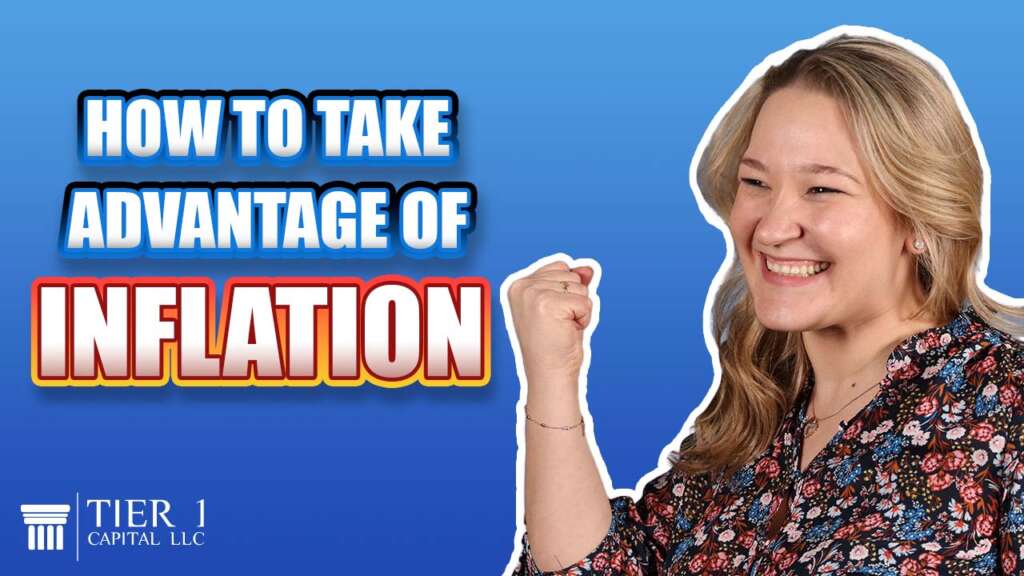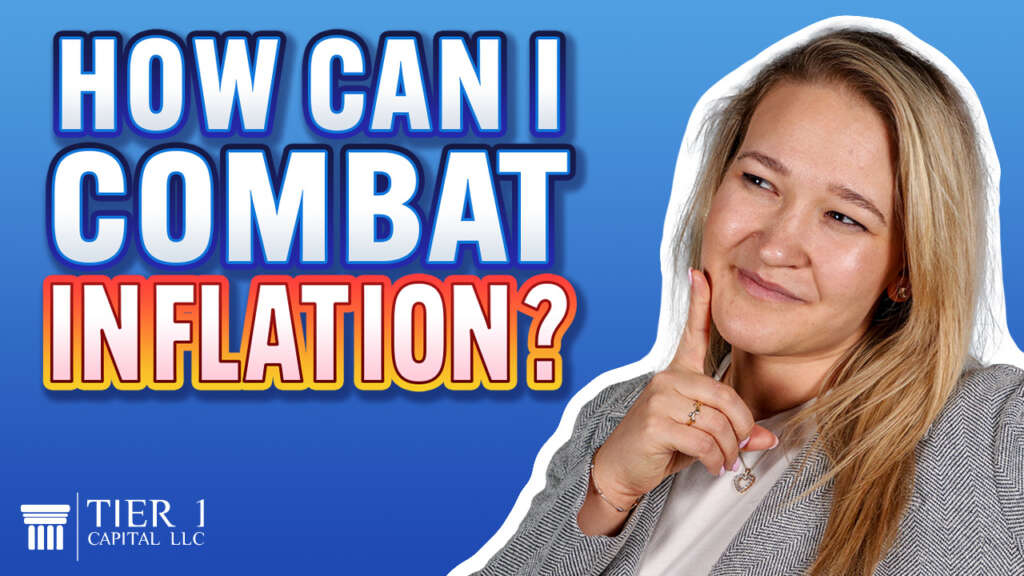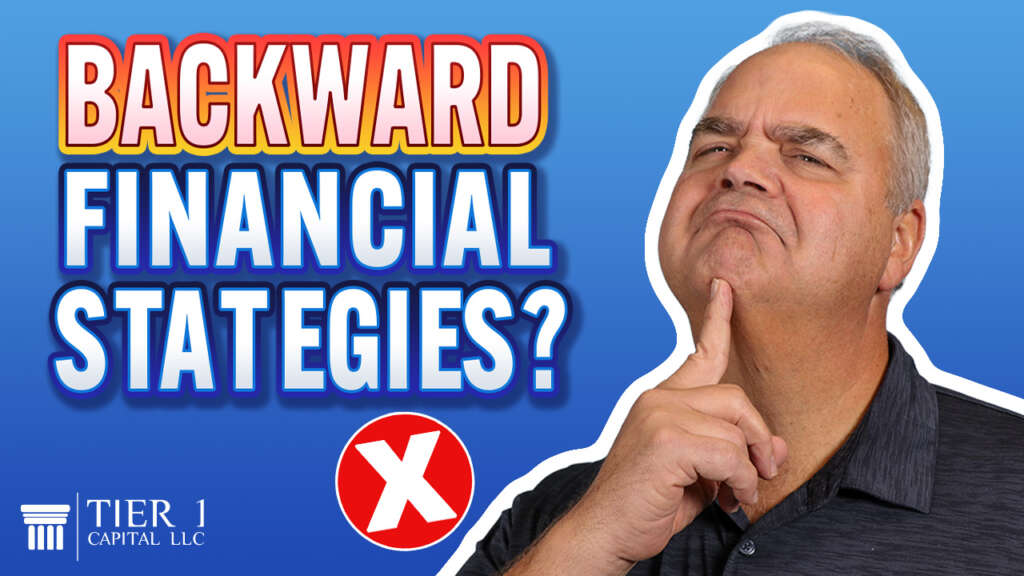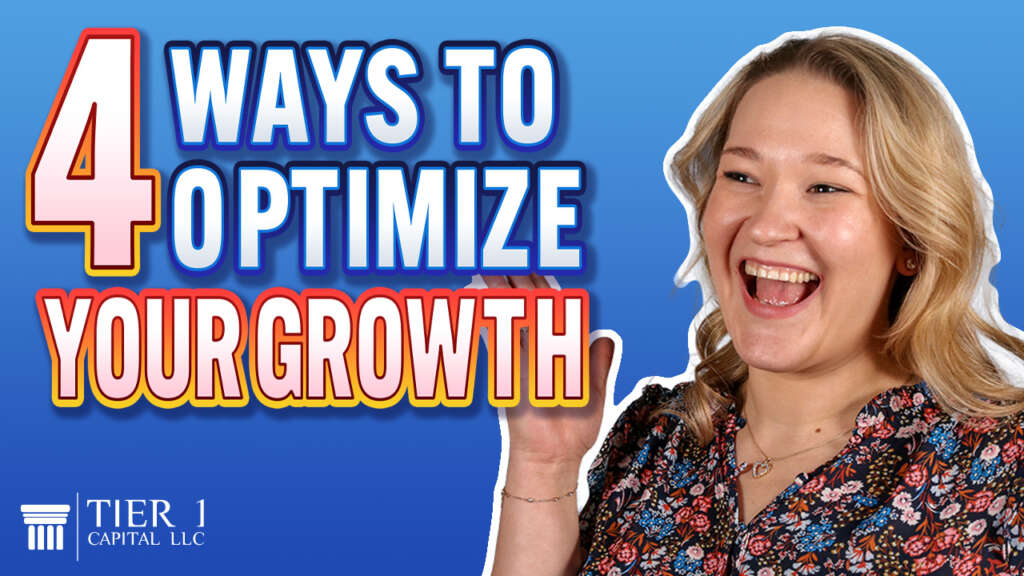
In today’s economy, the reality is that our dollar is never going to be worth more than it is today. Inflation acts as a stealth tax, eroding the purchasing power of your money over time. In this post, we’ll explore how to regain control of your money and position yourself to take advantage of inflation rather than becoming its victim.
Inflation has surged by 18.6% over the past three years. To put that into perspective, something that cost $100 three years ago now costs $118.60. This means your money will never be worth more than it is today. Consider this: if you buried $10,000 in your backyard and dug it up 10 years later, it would still be $10,000, but its purchasing power would have significantly diminished.
The most valuable dollar you own is the one you have today. When you maintain control of your money, you can position yourself to benefit from inflation rather than fall prey to it. Having access to liquid money opens up opportunities that wouldn’t be available if your funds were locked away.
Three Strategies to Regain Control of Your Money
- Opt for a 30-Year Mortgage:
Instead of focusing on paying less interest with a 15-year mortgage, choose a 30-year mortgage to prioritize cash flow over interest rate. This approach allows you to keep more of your money under your control. - Avoid Extra Payments on Your Mortgage:
If you have a 30-year mortgage, resist the urge to make extra payments. Use that money to build a pool of cash that you own and control. This will give you more flexibility and options in the future. - Limit Retirement Contributions to the Employer Match:
Contribute to your retirement account only up to the employer match. There’s no guarantee that the dollars you contribute today will have the same buying power when you withdraw them in retirement. Instead, focus on maintaining control of your money now, when it’s most valuable.
If you have high-interest credit card debt, it’s wise to prioritize paying it down before making excess contributions to retirement accounts. High-interest debt can erode your financial stability, so focus on controlling your cash flow and eliminating debt before locking away funds in retirement accounts.
By implementing these strategies, you can regain control of your money and your life. Remember, whoever controls your money controls your life. The more control you have, the more financially free you will be, with options and opportunities at your fingertips.
If you’d like to learn more about how we can help you regain control of your finances, visit our website at tier1capital.com to schedule a free strategy session. Remember, it’s not how much money you make but how much money you keep that really matters.



















